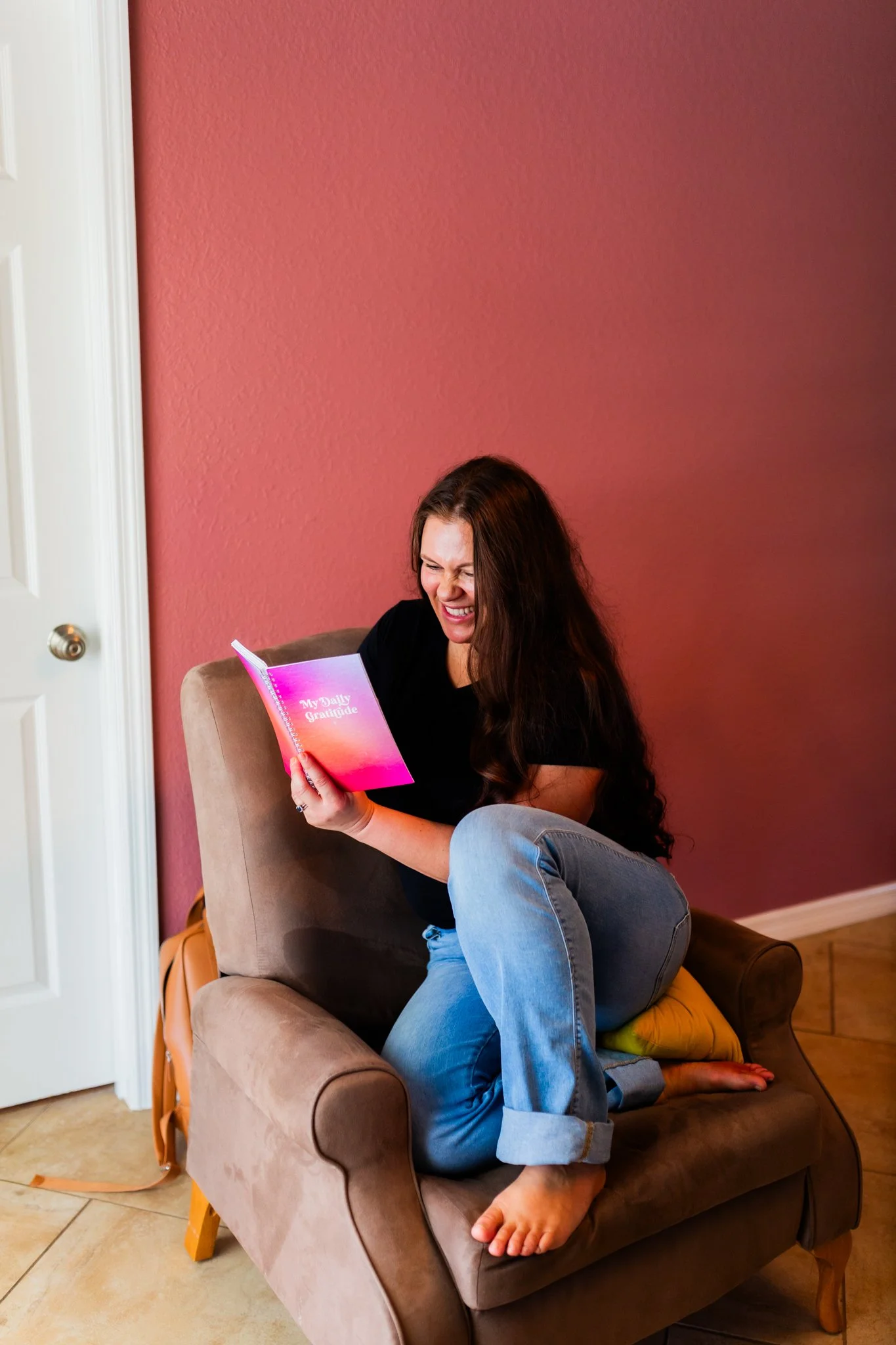Why AI Should Never Replace Human Therapy: Risks and Realities
The Growing Trend of AI Therapy
In recent years, artificial intelligence (AI) chatbots like ChatGPT and Character.ai have gained popularity as quick, on-demand sources of “therapy.” Especially among young adults, the appeal is clear: instant responses, anonymity, and accessibility without the hassle of scheduling or insurance.
However, as convenient as AI may seem, there are serious growing concerns about individuals relying on it for mental health support, especially young adults!
For One...Your Data May Not Be Safe
Even OpenAI CEO Sam Altman has expressed caution regarding AI therapy. Chatbot interactions are often used to train AI models unless users specifically change privacy settings. This means personal and sensitive information—such as mental health struggles, medical history, or private thoughts—can be stored, analyzed, and potentially exposed in ways users may not fully understand.
Unlike conversations with licensed therapists, your interactions with AI do not benefit from confidentiality protections like HIPAA, doctor-patient privilege, or legal safeguards. In other words, your deeply personal experiences may not remain private and could potentially be shared (even to harm you).
AI Can Misread Crises
A 2025 Stanford University study highlights the real dangers of AI “therapists.” Researchers found that commercially available chatbots:
● Sometimes fail to recognize suicidal ideation or other crisis signals
● Can provide harmful or inappropriate guidance
● May reinforce harmful stereotypes or stigmas around mental health conditions
AI lacks the ability to understand non-verbal cues, context, and nuance—key elements that human therapists rely on to assess and respond to clients safely.
Emotional Validation Does NOT Equal Therapy
One reason AI chatbots feel compelling is their ability to validate emotions. They “listen” and respond empathetically, which can feel supportive. But real therapy involves more than empathy—it requires:
● Observing behaviors and patterns over time
● Challenging harmful thoughts constructively
● Building a trusting human relationship that supports growth and healing
AI may validate harmful thinking or reinforce obsessions simply by design, as it prioritizes user satisfaction over therapeutic accuracy.
The Legal and Ethical Grey Area
Because AI therapy is unregulated, there are few safeguards against mistakes or abuse. Chatbots may claim to be licensed therapists, but disclaimers and opaquenorigins make it difficult to know what guidance is safe or evidence-based. Cases of real harm, including legal action against platforms, demonstrate the stakes are high.
Why Human Therapists Are Irreplaceable
At Well Space Holistic Therapy, we emphasize safe, personalized care that AI cannot replicate. As a licensed therapists I am trained to:
● Detect crises and respond appropriately
● Offer evidence-based interventions tailored to your needs
● Maintain strict confidentiality and protect your sensitive information
● Build a meaningful human connection essential for healing
AI may eventually support therapists as a tool, but it cannot replace the judgment, empathy, and expertise of a human professional.
Final Thoughts
While AI chatbots may seem like a convenient solution, they are not a safe or effective replacement for therapy. Mental health is too important to leave in the hands of technology that cannot fully understand or respond to human complexity. If you’re seeking guidance, support, or a safe space to explore your mental health, trust a licensed professional. At Well Space Holistic Therapy, we provide compassionate, individualized care that puts your well-being first. Contact Well Space Holistic Therapy today to schedule a session and experience the difference of human-centered therapy.
FAQ – AI Therapy vs Human Therapy
Q1: Can AI replace a human therapist?
A: No. AI chatbots may provide empathy or validation, but they cannot replicate the judgment, training, and relational skills of a licensed therapist. Human therapists detect crises, understand context, and provide evidence-based interventions that AI cannot.
Q2: Is AI therapy safe for mental health support?
A: AI therapy carries significant risks. Studies show that AI chatbots can misinterpret crises, reinforce harmful stereotypes, and give unsafe advice. Privacy is also a major concern, as interactions are often stored and may be used to train AI models.
Q3: What are the privacy risks of using AI for therapy?
A: Unlike human therapists, AI chatbots do not have legal or ethical confidentiality protections. Sensitive personal information could be stored, shared, or leaked,putting your mental health data at risk.
Q4: Why choose holistic therapy over AI chatbots?
A: Holistic therapy focuses on the whole person—mind, body, and spirit—and is delivered by licensed professionals trained to provide safe, individualized care. AI cannot build human relationships or fully understand complex emotions.
Q5: Can AI be helpful at all in mental health care?
A: AI can be a supportive tool for therapists, assisting with administrative tasks,mood tracking, or therapeutic exercises. However, it should augment, not replace, human therapy.
Q6: How can I start therapy safely?
A: The safest approach is to schedule sessions with a licensed therapist. At Well Space Holistic Therapy, we provide personalized, confidential care that prioritizesyour safety and well-being. Book a session today to get started.





